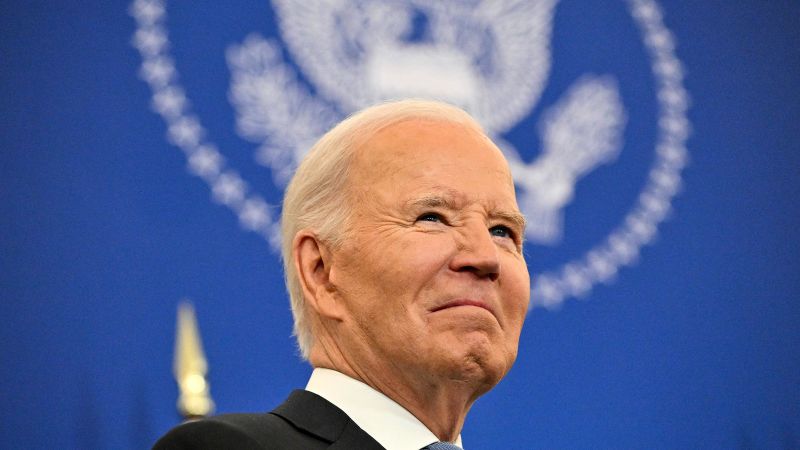
Biden offers a first draft of his foreign policy achievements
CNN
President Joe Biden on Monday defended his foreign policy achievements in office, offering his own first draft of history on how his presidency has affected security at home and US relationships abroad as he prepares to depart a career in public service spanning more than half a century.
President Joe Biden on Monday defended his foreign policy achievements in office, offering his own first draft of history on how his presidency has affected security at home and US relationships abroad as he prepares to depart a career in public service spanning more than half a century. Biden sought to frame his presidency as a transformational one for American power abroad, saying in a capstone foreign policy address that he was handing off a nation better-positioned to compete in a new era to President-elect Donald Trump than the one he inherited from Trump four years ago. “New challenges will certainly emerge in the months and years ahead, but even so, it’s clear my administration is leaving the next administration with a very strong hand to play, and we’re leaving them and America more friends, stronger alliances. These adversaries are weaker and under pressure. An America that once again is leading, uniting countries, setting the agenda, bringing others together behind our plans and missions,” Biden said in remarks at the State Department, one week before Trump takes the oath of office for a second term. He heralded his administration’s actions, saying – in an implicit critique of Trump – that under his leadership, “The United States is winning the worldwide competition compared to four years ago. America is stronger. Our alliances are stronger, our adversaries and competitors are weaker. We have not gone to war to make these things happen.” The speech offered a bookend for Biden, who addressed the State Department early in his term, laying out his foreign policy vision. Biden highlighted his efforts to bolster alliances, pointing to a strengthened NATO, partnerships in the Indo-Pacific, the defense pact among the US, Australia, and the United Kingdom, and the Quad alliance with Japan, Australia, and India.













